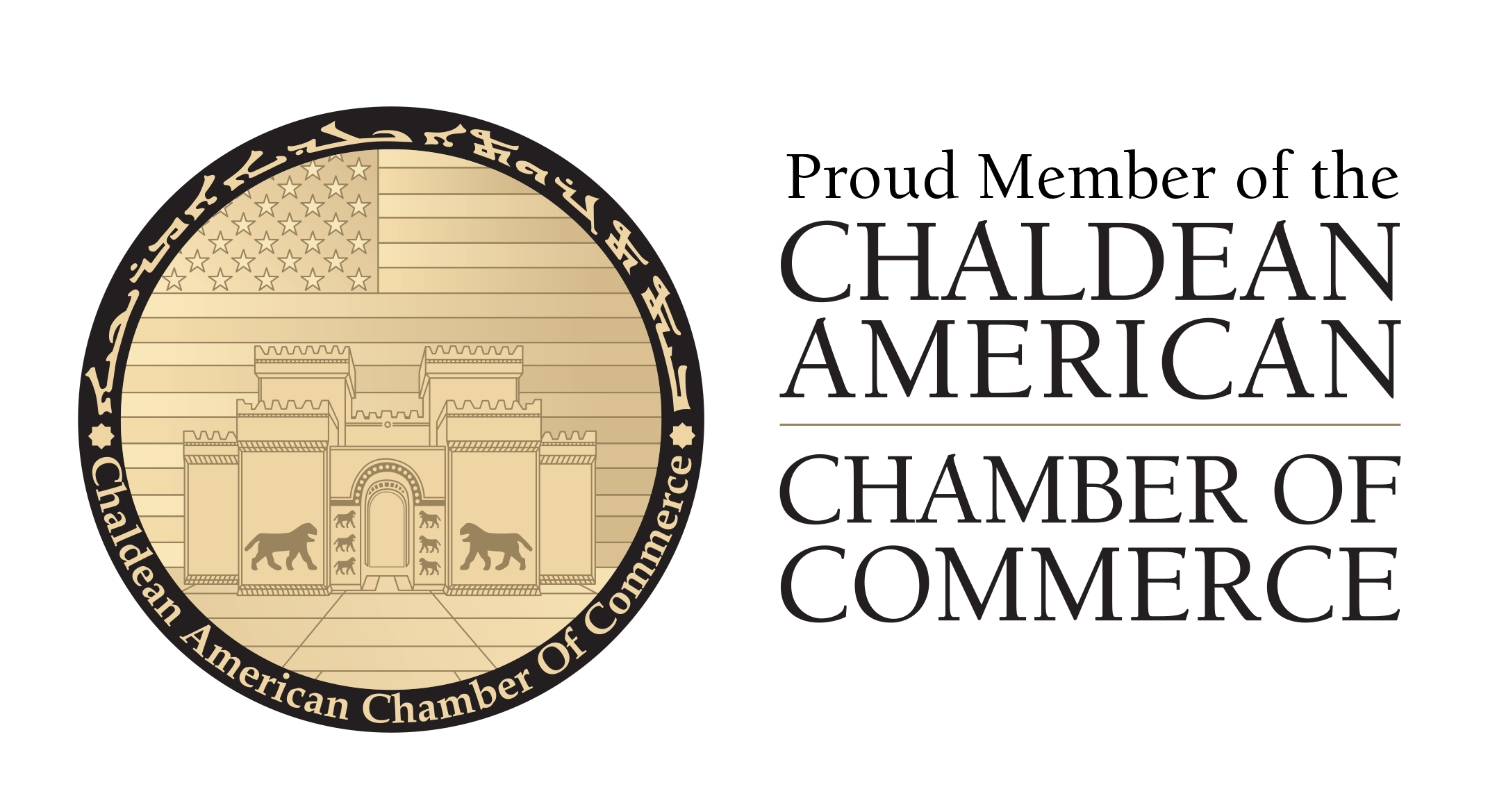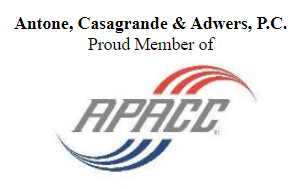While reading the book “And the Show Went On,” by Alan Riding, which details cultural life in France during the German occupation of 1940-1944, I learned about the heroic actions of a young American journalist by the name of Varian Fry. Mr. Fry had visited Germany while in his twenties and witnessed the beating of an elderly Jewish couple by the Gestapo. He knew firsthand the brutality of the Nazi regime. Fry knew German and French, and he enjoyed reading French novels, literature, and classic stories.
After Nazi Germany occupied much of France, Fry became alarmed that many of the giants of literature and art who were French Jews were now in immense danger. He knew none of them personally, but he thought that, due to the pleasure they afforded him through their art, it was his duty to make an effort to rescue as many of them as possible.
Mr. Fry arrived in France with a list of two hundred scholars, either Jewish or anti-Fascists, whom he intended to help escape from France. He had no connections, knew no one, and was not sponsored by any branch of the U.S. government. Through heroic actions that entailed creating a secret network, he was able to rescue not two hundred but two thousand, helping them escape to North Africa, Spain, Portugal, and the United States. His rescue efforts resulted in saving the lives of distinguished and world-renowned artists and intellectuals, including Marc Chagall, Max Ernst, Franz Werfel, and others. Some left France with forged documents to hide their true identities, and some may have invented excuses and reasons to enter the United States to ensure that they would not be denied admission and returned back.
What struck me about the story is that Mr. Fry’s activities seem to have particularly angered officials of the U.S. Consulates in France as well as their supervisors at the U.S. State Department in Washington. The concern of those officials was in part that these people were not immigrating per authorized rules and laws at the time, and they did not have valid papers. According to the author, the Vichy government in France, which controlled the southern unoccupied part of France during the German occupation, sought to expel Mr. Fry and was aided in these efforts by the U.S. Consulate in France. French officials from the Vichy government told Mr. Fry that he must leave France to avoid arrest and that their demands were based on a request by the U.S. Consulate, who refused to renew his passport unless it would be for the purpose of leaving France. Finally, the Vichy government expelled Mr. Fry from France in September 1941.
As I was reading the story, I could not help but wonder about today’s attitudes toward undocumented immigrants, who may have left horrendous conditions back home with or without valid documents, but are being labeled as lawbreakers not deserving of our refuge. I also could not help but think of all of the current public officials, whether in the state department, U.S. embassies worldwide, or Custom and Border Protection and their sometimes inflexible attitudes toward the undocumented, or toward immigrants in general, who seek only to escape bad conditions in favor of a land of hope and liberty.
Mr. Fry received many awards, but only after his death when written and photographic materials documenting his experience in France came to light. His story inspires us to always strive to make our immigration laws and attitudes more welcoming, flexible, and always humane.









